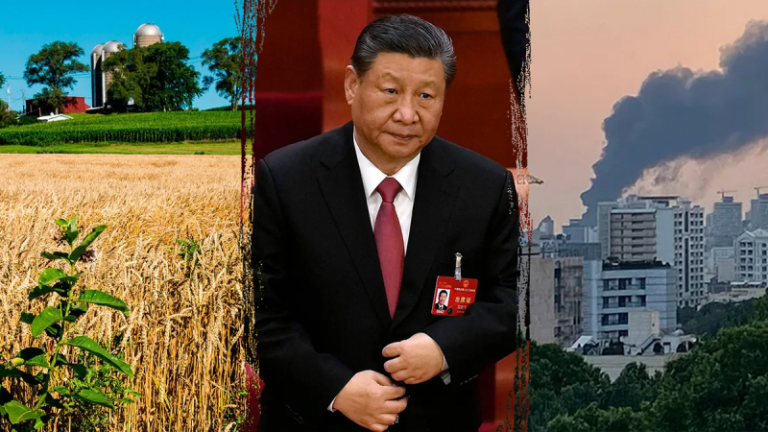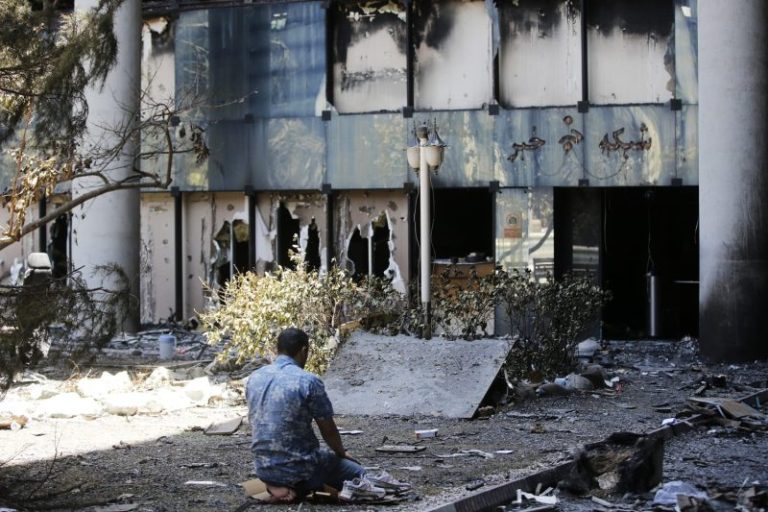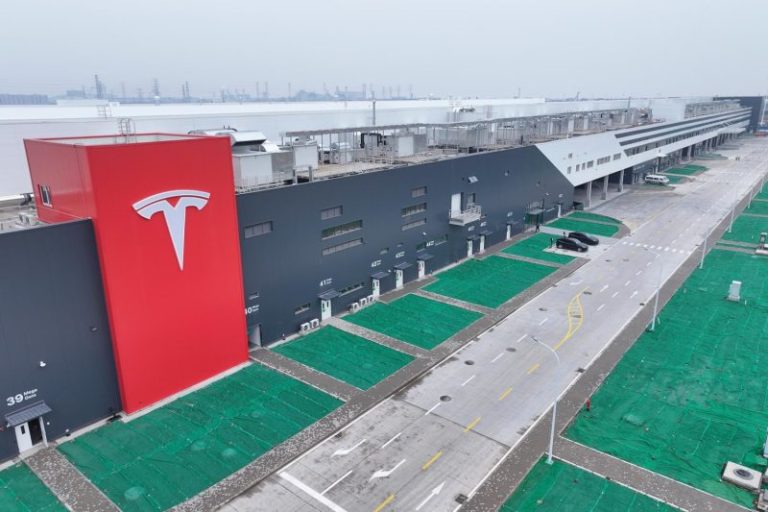Recent arrests of Chinese nationals at the University of Michigan have resurrected concerns about CCP-owned farmland and property in the United States, particularly in Michigan, and caused some to draw parallels with the current conflict between Iran and Israel.
Earlier this month, two Chinese nationals were charged with allegedly smuggling a ‘dangerous biological pathogen’ into the U.S. to study at the University of Michigan in an incident that FBI Director Kash Patel described as a ‘sobering reminder that the Chinese Communist Party (CCP) continues to deploy operatives and researchers to infiltrate our institutions and target our food supply, an act that could cripple our economy and endanger American lives.’
Later, a third Chinese national with connections to the university was arrested, renewing questions about China’s efforts to infiltrate and influence various sectors in the United States, including buying up farmland, which has been a growing concern nationwide.
A 2023 report from the United States Department of Agriculture found that ‘foreign persons held an interest in nearly 45 million acres of U.S. agricultural land,’ which represents 3.5% of all privately held agricultural land and 2% of all land in the country.
While China is not at the top of the list of countries in that report, the arrests in Michigan have prompted calls from Congress to ensure that the CCP, viewed by many as the nation’s top geopolitical adversary, is not buying up farmland in the United States.
Republican Sen. Pete Ricketts exclusively told Fox News Digital this week that China has been aggressively buying American agriculture, ‘which is why we need to have a heightened sense of vigilance around protecting our homeland.’
Ricketts, along with Democratic Sen. John Fetterman, introduced the bipartisan Agricultural Foreign Investment Disclosure (AFIDA) Improvements Act that seeks to implement recommendations published by the Government Accountability Office in January 2024, which found the AFIDA was ill-equipped to combat foreign ownership of American agricultural land.
‘China’s land purchases aren’t just about acreage—they’re about access,’ Michigan GOP Rep. John Moolenaar, chairman of the House Select Committee on the Strategic Competition Between the United States and the CCP, told Fox News Digital.
‘Even small parcels near military bases or critical infrastructure pose serious national security risks. In my home state, we’ve seen concerning cases like Gotion’s site near Camp Grayling. We need full transparency into who’s buying land and where—because the Chinese Communist Party shouldn’t be allowed to hide behind shell companies to gain a foothold in our country.’
China’s encroachment into Michigan’s agriculture was enough of a concern for Republican state Rep. Gina Johnsen to introduce legislation earlier this year banning foreign adversaries from buying up farmland.
‘Our state’s agricultural industry is a pillar of our economy. My community is an agricultural community,’ Johnsen said. Our farms provide food security, jobs, and economic stability for countless residents. However, there is growing concern about losing our farmland to countries of concern.’
Additionally, Chinese farmland has become a topic of conversation in the wake of revelations that Israel’s attack on Iran’s nuclear capabilities was aided by years of covert planning, surveillance and infiltration by Israeli intelligence.
Code-named ‘Am Kelavi’ (Rising Lion), the preemptive operation was the product of unprecedented coordination between the Israeli air force, the Military Intelligence Directorate, the Mossad and the country’s defense industries. For years, they worked ‘shoulder to shoulder’ to gather the intelligence files needed to eliminate Iran’s most sensitive military and nuclear assets.
As part of that operation, Israel was able to establish a drone base inside Iran, where Mossad operatives retrieved them from hiding spots to use against Iranian sites.
Bryan Cunningham, president of Liberty Defense and former CIA intelligence officer, told Fox News Digital that the Israeli operation is a ‘wake-up call’ for the United States about what a foreign adversary like China could potentially carry out in the United States.
‘As an intelligence officer, part of me says, I wish that the sources and methods of building these drone factories inside the target countries hadn’t been revealed,’ Cunningham said. ‘But on the other hand, it does serve as a wake-up call, hopefully for our policymakers, and it also ties in, and if I were the administration, I would make this tie in immediately and loudly with the Trump administration’s border strategy.’
Cunningham continued, ‘Our borders are where you’re most likely to actually intercept these kinds of toxins, explosives, flares, 3D-printed weapons, ceramic weapons, whatever it is. So if it were me and I were the Secretary of Homeland Security, I would be tying this all together. You know, it is important to get people out of the country that have committed violent or other serious crimes in the country, but it’s also really important to prevent people like these guys from bringing in those kinds of materials.’
The FBI is increasing its surveillance of Iranian-backed operatives inside the United States as Trump weighs strikes, a senior law enforcement official told Fox News on Friday.
Fox News Digital’s Deirdre Heavey, Lucas Tomlinson and Efrat Lachter contributed to this report.




